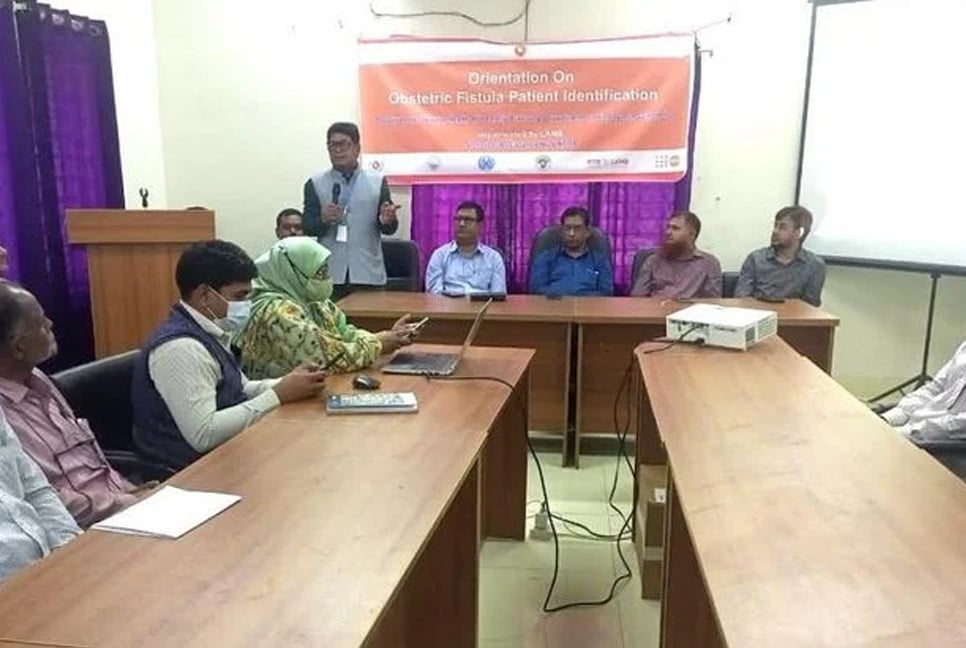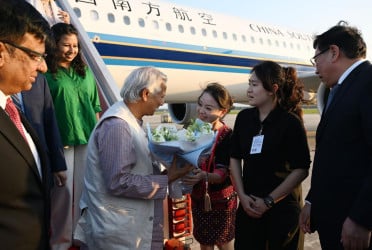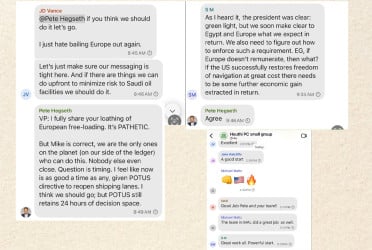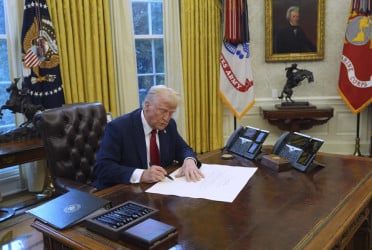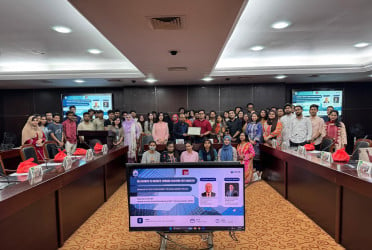Generative artificial intelligence is reshaping Japan’s fashion industry, influencing runway designs and mass-market production. Yet, the absence of national or industry guidelines raises concerns about counterfeiting and design theft.
At the Tokyo Collections in September 2024, Japanese brand Yoshiokubo showcased a white jumpsuit resembling a race suit from its Spring/Summer 2025 collection. Its pattern was created using generative AI, marking designer Yoshio Kubo’s second consecutive season incorporating the technology.
Kubo, 50, was drawn to AI’s potential for innovation but ensures each design retains his personal touch. For his Autumn/Winter 2024 collection, he instructed AI to generate a balloon pattern, then added shading to create a 3D effect. “The designer must have a clear vision of the final product,” he said.
AI’s role in fashion extends beyond design. It assists with marketing, pattern creation, and virtual modeling. Maison AI, a tool developed specifically for fashion, generates patterns, designs, and models based on user input. Tokyo-based OpenFashion, which created Maison AI, launched a competition in 2024, where AI-generated models and backgrounds produced strikingly realistic results.
Beyond competitions and runway shows, AI is being used in commercial production. Toyoshima & Co., Ltd., a major Nagoya-based textile trading firm, introduced “Virtual Standard AI-Pattern” in January 2024. The system allows users to select a template—such as “flower pattern”—and refine it with keywords like “fresh.” Within seconds, AI generates about 100 variations, streamlining the revision process. “We reduced the time spent on adjustments by half, improving overall quality,” said Satoshi Kato, the company’s design planning lead.
Despite AI’s growing presence, regulatory gaps remain. In 2024, Japan’s Economy, Trade and Industry Ministry issued guidelines for content industries such as gaming, anime, and advertising, detailing legal considerations for AI usage. However, no such framework exists for fashion, leaving brands to navigate the risks independently.
“The introduction of generative AI opens up unprecedented creative possibilities but also threatens to dilute human ingenuity,” said Hiroshi Komoda, secretary general of the Japan Fashion Week Organization. Counterfeiting and design theft have long been concerns, and AI’s rise complicates the issue.
“We need to engage in deeper discussions while keeping a close eye on international trends,” Komoda added.
Source: Japan News
Bd-pratidin English/ Jisan










